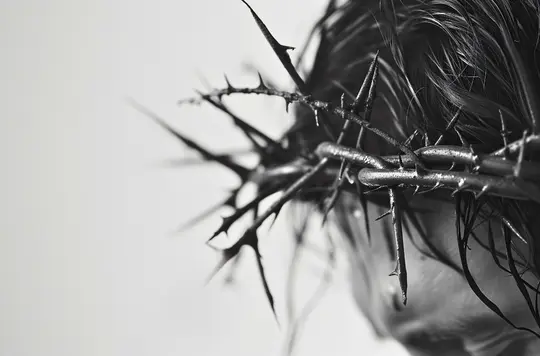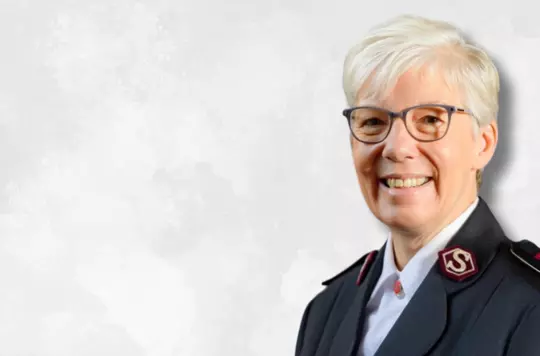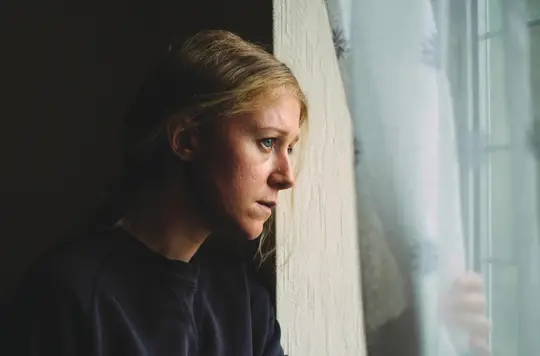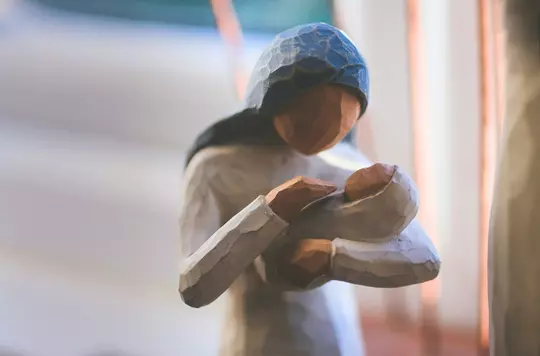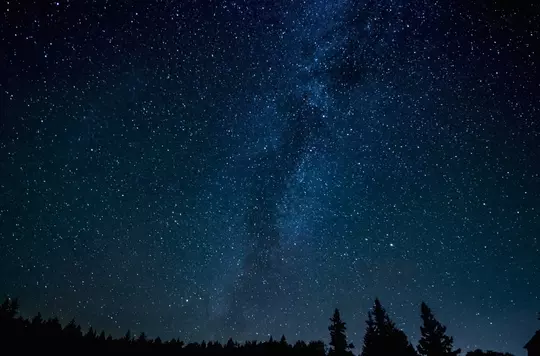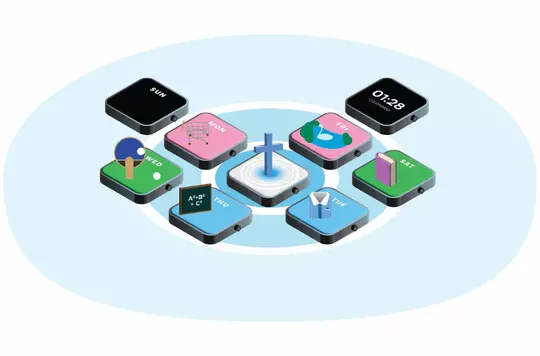9 August 2024
Responding to the riots: Love not hate
Ivan Radford
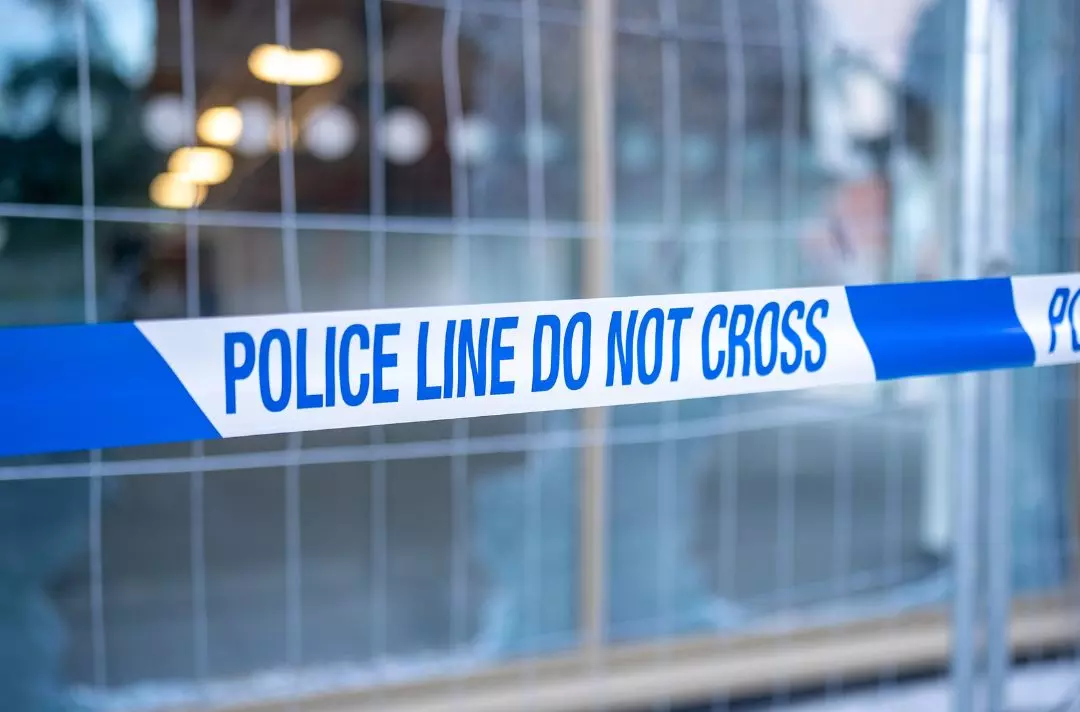
Ivan Radford considers how we respond to the recent violent riots.
Others. That is what William Booth wrote in a telegram when he tried to distil The Salvation Army’s mission into one word. It was a reminder to always serve and show love to other people. Today, that word lives on in one of the UKI Territory’s five mission priorities: serve others without discrimination.
In recent weeks, news headlines have been dominated by reports of criminal violence in several towns and cities. It began with disorder in Southport, after the tragic killing of three girls. After misinformation about the person responsible was shared online, accompanied by inflaming rhetoric, a tiny but vocal minority of people turned to violence. The result was the antithesis of serving others without discrimination: it was blaming others with discrimination.
In this digital age of echo chambers, it is easy for someone to be misled by rhetoric and misinformation to harmful ends. In an unequal society, where people are struggling to make ends meet, inequality, injustice and a sense of loneliness or loss of self are all sincerely felt.
But these can be harnessed by those with insincere motivations, leading people to think that violence is somehow the answer. It’s a hollow, false promise, powered by hatred. It twists and distorts protesting – a peaceful, key part of democracy – into rioting, and turns pain into more pain.
Humans in groups have historically used other groups to help define their sense of self: it is often only with an other, a ‘them’, that people can cement their idea of ‘us’. But that approach to identity is partly rooted in a fear of difference and scarcity. It is only through love and respect, valuing others as people made in God’s image, that we can truly benefit from what each of us bring to our collective whole.
It is easier, however, to tear something down than build something up, even when destruction places more strain on systems already struggling to help people in need. Building something up begins with sincerely wanting to love, listen to and understand others – and that includes those who have taken part in the riots.
Justice and accountability for criminal behaviour is right, but we believe that reconciliation goes with it: we are called to model loving behaviour towards everyone.
Some of the most encouraging sights of the past fortnight have been communities drawing together to stand up for peace, to help each other and clean up after the riots. We don’t have to make big gestures to change the world: God’s already done that in sending his son, Jesus. Peacemaking is often found in the smallest everyday acts – in consistently loving our neighbours, showing them they matter and explaining why.
‘There is no fear in love,’ 1 John 4:18 reminds us. ‘But perfect love drives out fear.’ Instead of a narrative of division, we must hold united to our belief in a better world – to building God’s Kingdom on Earth.
It is a Kingdom of hope, love, kindness and safety, not one of blame, fear, violence or self-serving behaviour. It isn’t a finite pie that can only be claimed by one group or another, but a limitless, abundant resource of grace, compassion and respect.
We are called to invite people into that place, to share our vision of a just, loving society with the people around us. With others. Without discrimination.
Reflect and respond
- Pray for peace and unity in areas impacted by violence. Pray for wisdom for those in authority. Pray for comfort for those who have been bereaved, particularly the families of those three girls.
- Meditate on the lyrics of ‘Make Me a Channel of Your Peace’ (SASB 608). How can you spread peace, justice and reconciliation where you are?
Written by

Ivan Radford
Managing Editor, Salvationist

